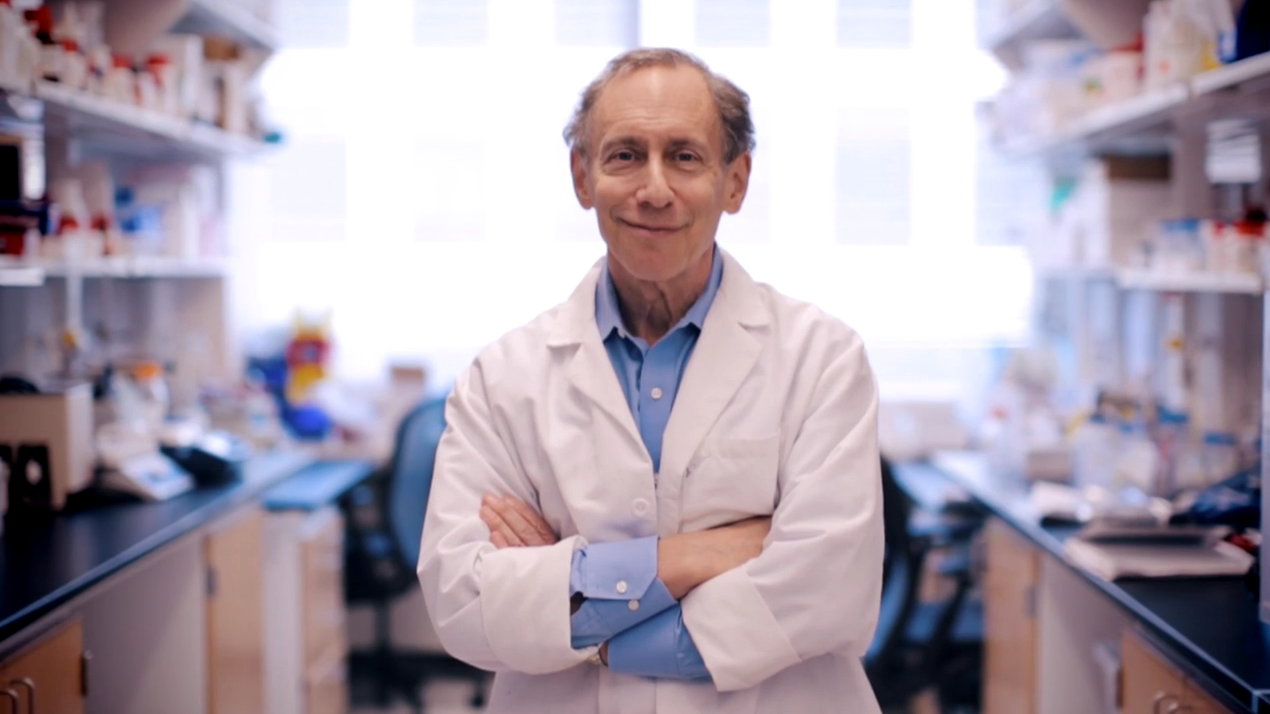Exponential advances in technology that have taken place of the past several years have not been limited to computers.
Many other scientific disciplines have shared in this quickening pace of progress, including the bio-tech sector. As Dr. Kwang Yul Cha would tell you, it is an exciting time to be alive.
Once you check out the most recent developments in biotechnology below, we think that you will agree with us.

1) The invention of the CRISPR gene editing technique
Unquestionably, one of the biggest bio-tech developments in the past year has been the emergence of the CRISPR gene editing protocol.
A team of scientists in China used the molecular sized gene editing tool to make changes in the DNA structure of an embryo, proving that it is possible to change the human genome at its most basic level.
While there is much follow-up research to be done in the coming years, the implications of this achievement are profound to say the least.
Birth defects could become a thing of the past, as will most genetic diseases and cancers. Those in the gerontology field also think that CRISPR could be used to switch off genetic triggers that accelerate the aging process.
Whatever ends up happening, we are sure that this discovery will be responsible for many treatments that will end up improving the quality of life of the human race.
2) Contact lens that can give people superhuman vision
Up until recent times, when people required lenses of any type, it was to correct a deficit in their visual capabilities.
In the past year, a firm by the name of Ocumetrics has come up with a contact lens that is able to enhance the vision of a normal person by up to three times.
One current road block to widespread implementation of this lens is that it involves cutting into the eye if a subject wishes to implant it.
However, it may become a popular option for those that are having cataract surgery, or those that are undergoing Lasik surgery in the future.
3) Harvesting organs from genetically-modified pigs
In a bid to save his daughter from terminal lung disease, a wealthy financier has bankrolled a research project over the past few years to see if pigs could be genetically modified to produce organs. They could then be easily transferred to human hosts without the risk of being rejected.
So far, their efforts are making considerable progress, as organs harvested from the initial pigs have been shown to survive in baboons.
This may sound horrifying to some, but if this technique can be perfected, it can solve a lot of the problems surrounding the availability of organs for those that need them the most.
4) Bionic arms that can decode nerve impulses from our brain
If there is one nightmare that keeps some able-bodied people up at night, it is the possibility of getting into an accident that would render them a paraplegic.
Being left without the use of one’s legs or arms is a fate that few of us relish; however, for those already living in this reality, recent developments in the field of biotechnology hold a great deal of promise for their desire to live a more independent life.
In the past year or so, there has been considerable progress in bionic limbs that actually listen to the nerve impulses sent by the brain the same way that a biological arm does.
While the initial result is far from flawless, it points to a future where paralyzed individuals can use bionic limbs to live in the same way as their able-bodied counterparts.
